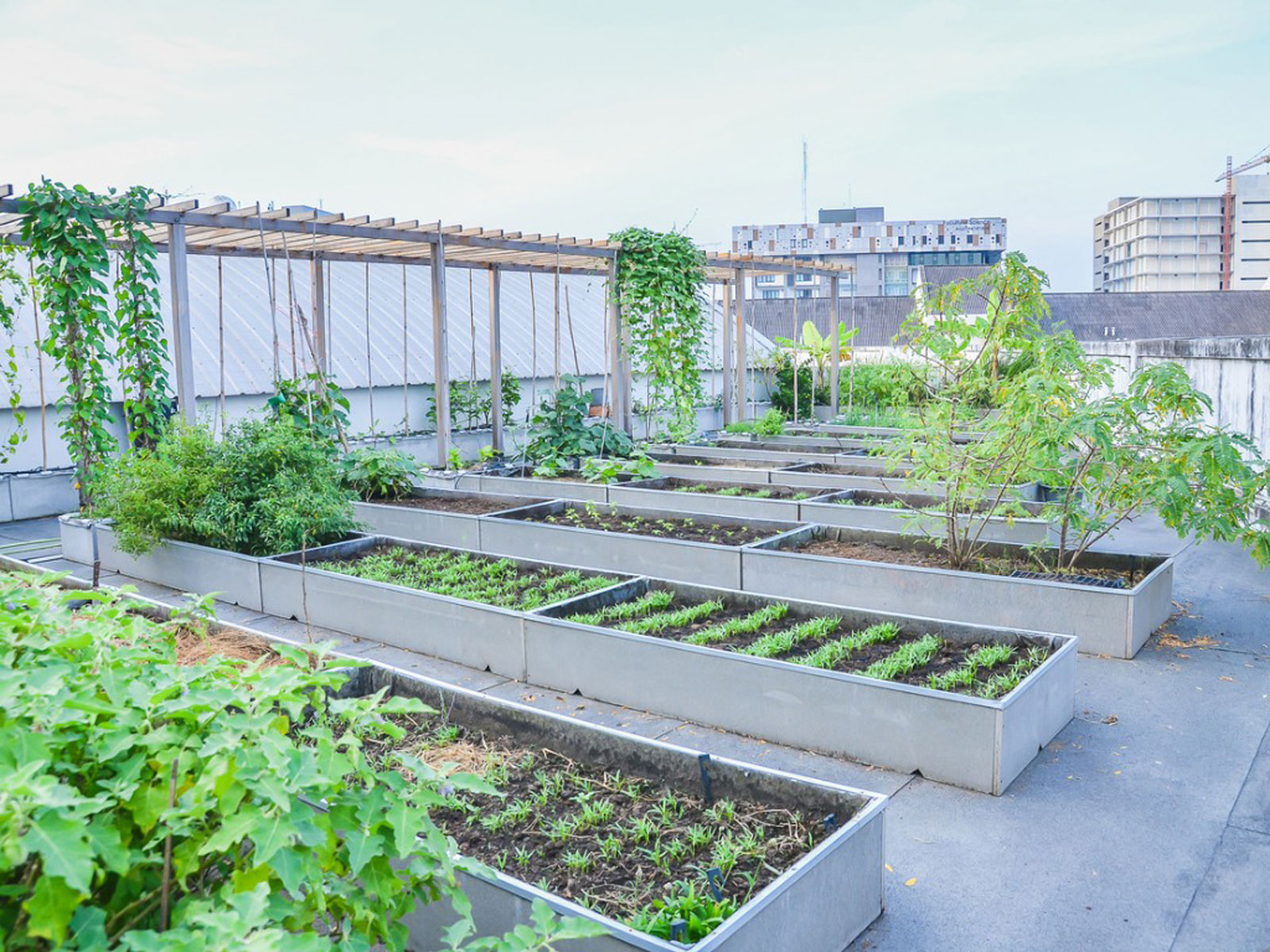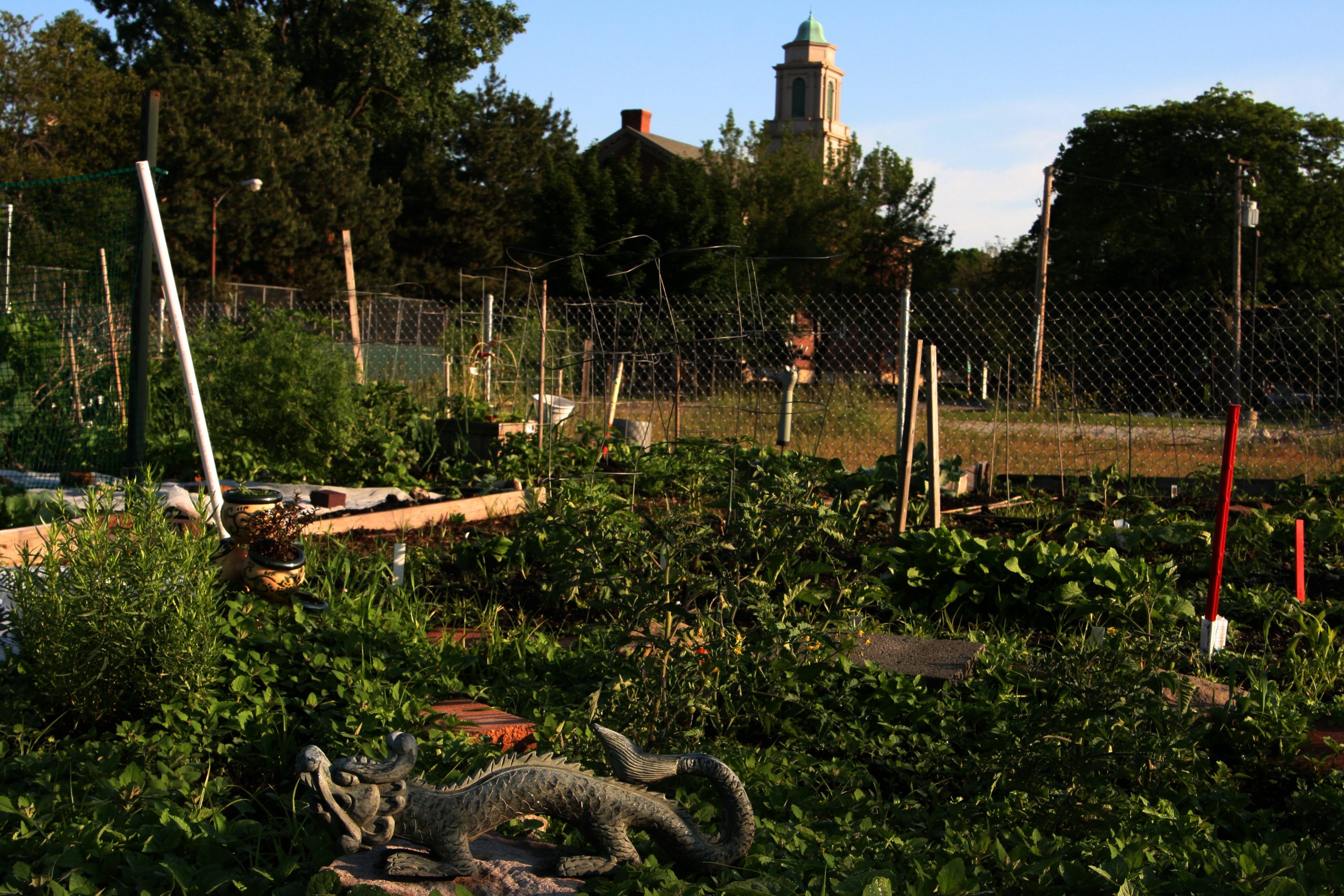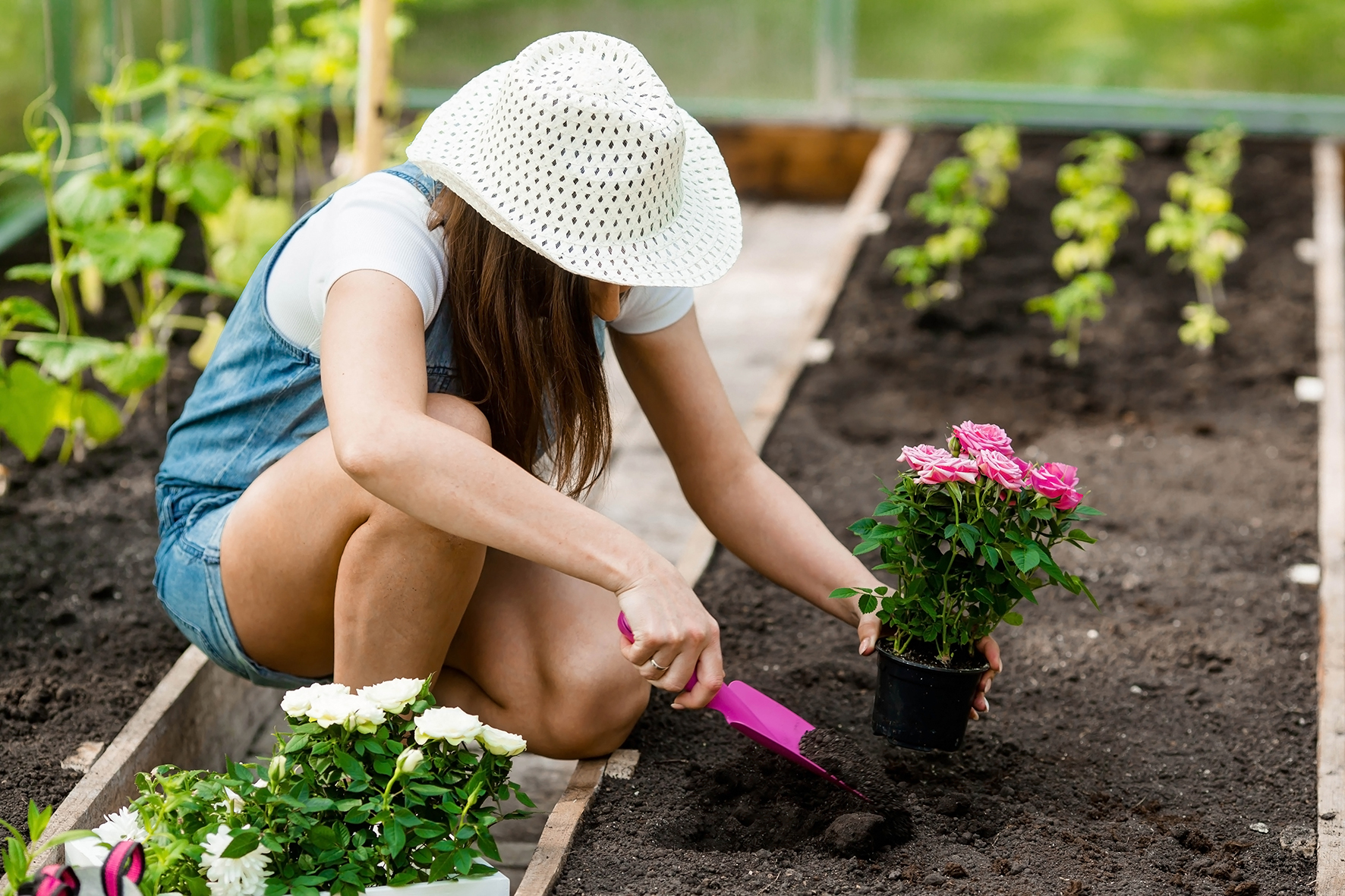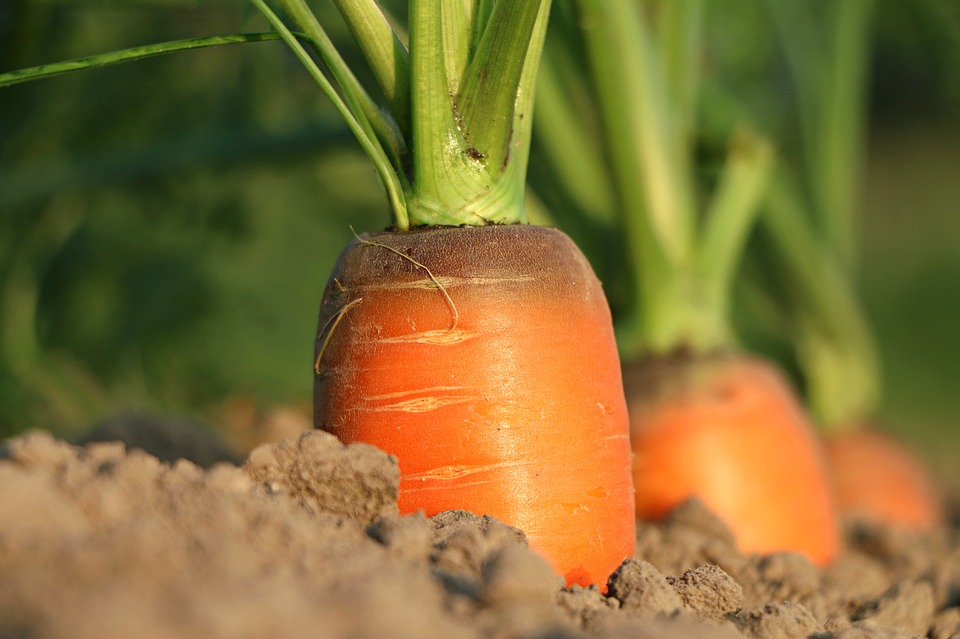Planting and harvesting your own fruits and vegetables can be very gratifying and relaxing, especially if you are stuck behind a desk five days a week. However, it is very difficult for us city dwellers to do this, especially if you live in an apartment building and are surrounded by concrete. Why not start a community garden with your neighbors and people who live in the same building complex? It is not only fun but also a bonding opportunity where you can work and relax at the same time, with the added benefit of also creating a tight bond with your immediate community.
Location
Community gardens are part of a sharing and helping economy and they make people enjoy gardening when they otherwise wouldn’t be able to afford it because of where they live. Living in a city like New York can be fun but purchasing any kind of real estate is very costly. Therefore, your best bet to starting a community garden is to look at the space that is already available. You can either start it on the rooftop of your apartment or a deserted and overgrown piece of land that you can repurpose for your garden. Of course, you’ll need the authorization of your local mayor/city official to do so.

These are the 5 benefits of starting a community garden:
1. It enables you to have easy access to fresh produce. Most urban areas are void of freshly grown produce and are known as ‘food deserts’ because they don’t have places to buy fresh fruits or vegetables. Having a local communal garden allows urban neighborhoods access to fresh and organic products and makes people think about where their food comes from. Community garden also allows low-income families who usually can’t afford fresh produce to improve their diet with locally grown products that they helped grow and take care of. The excess products can be donated to local shelters that provide food to homeless people.
2. It promotes a healthier lifestyle. City life is very hectic and everything is always on the go. For this reason, people tend to consume more fast food because it’s easily available and is also less expensive than home cook meals or organic products. The community garden will enable people to get fresh air and do an outdoor physical activity simultaneously. They may also act as a peaceful retreat from the chaotic and bustling atmosphere that are cities, thus, allow people to meditate while gardening.
3. It also creates a cleaner environment as the plants produce oxygen and reduce air pollution. A garden will absorb water from rainfall and can reduce the runoff onto streets and rivers. Many community gardens also recycle their food waste by composting it and turning it into fertilizer.
4. Community gardens also create stronger communities, and they allow people to bond with their neighbors over a shared interest and project. As locals run community gardens and are in their residential areas, community gardens can also act as neighborhood watches which could help reduce the crime rate in that area.
5. They may also be used as educational opportunities; working in a garden can be an excellent way to teach children where their food comes from and why hard work is important. They also learn about living in a community and are introduced to basic business and entrepreneurial skills. It allows people from different backgrounds, ethnicity, religion, social class and ages to meet and bond.
Famous community garden in the US
If you live in New York City, I would advise you to visit and maybe start helping at the Clinton Community Garden, a 15 000 feet public area where people plant and share produce.
A community garden is a colossal project that you shouldn’t take lightly. It may take months to provide any visible results and for you to harvest the fruits of your handwork, but it’s worth your while. The benefits trump the handwork if you ask me. Sound off in the comments below if you are thinking about starting your community garden.



